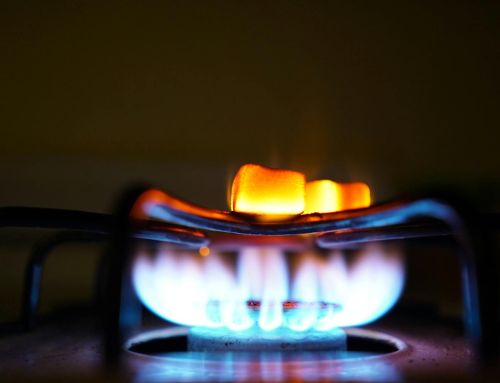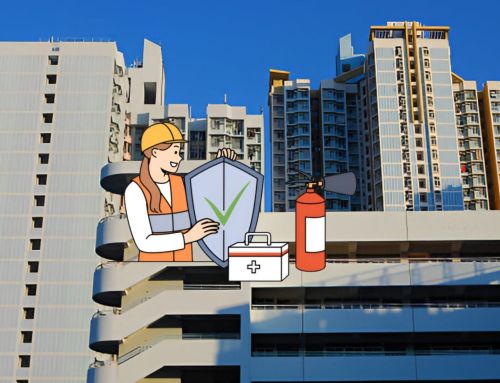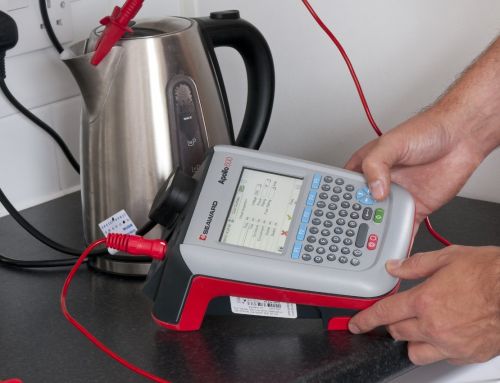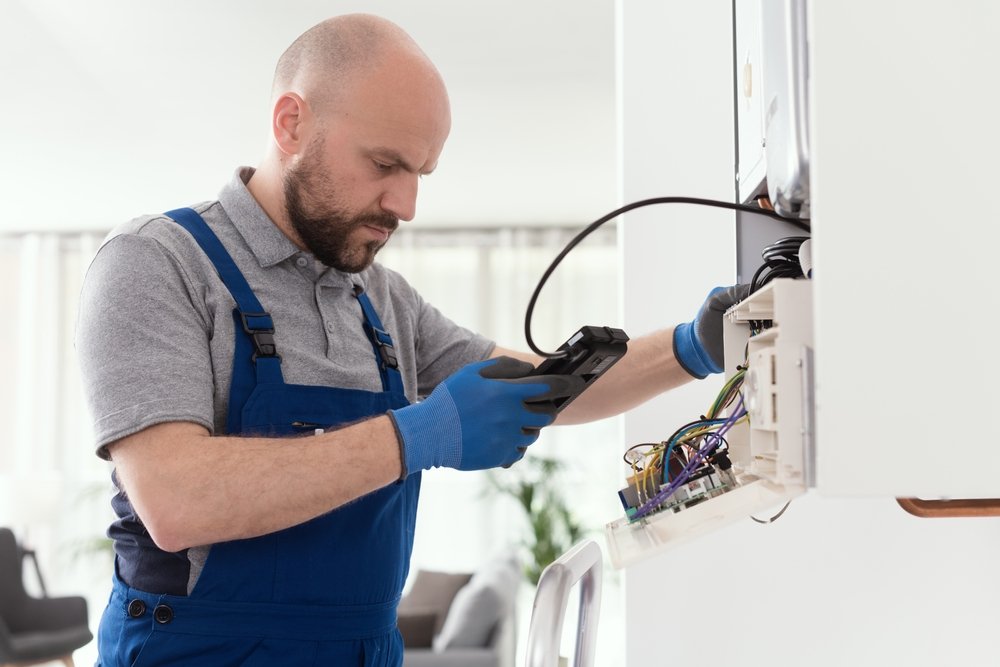
What Does a Gas Safety Check Involve?
What Does a Gas Safety Check Involve;
A gas safety check involves a professional Gas Safe engineer testing your appliances to make sure they are secure. Doing this can reduce the risk of gas leaks, fires, explosions and carbon monoxide poisoning.
UK law requires landlords to conduct annual checks on gas appliances and flues in rented properties, keep a record, and distribute it to their tenants.
1. Visual Inspection
What Does a Gas Safety Check Involve;
Visual inspection is a quality control method that involves visually inspecting equipment and structures without damaging them.
It is an efficient and cost-effective method for detecting defects and problems, helping ensure products meet certain specifications. Visual inspection is essential for identifying and correcting defects or issues with equipment before they become larger and more costly. For instance, a crack in the side of a boiler could cause serious accidents if not addressed promptly.
2. Gas Pipework
What Does a Gas Safety Check Involve;
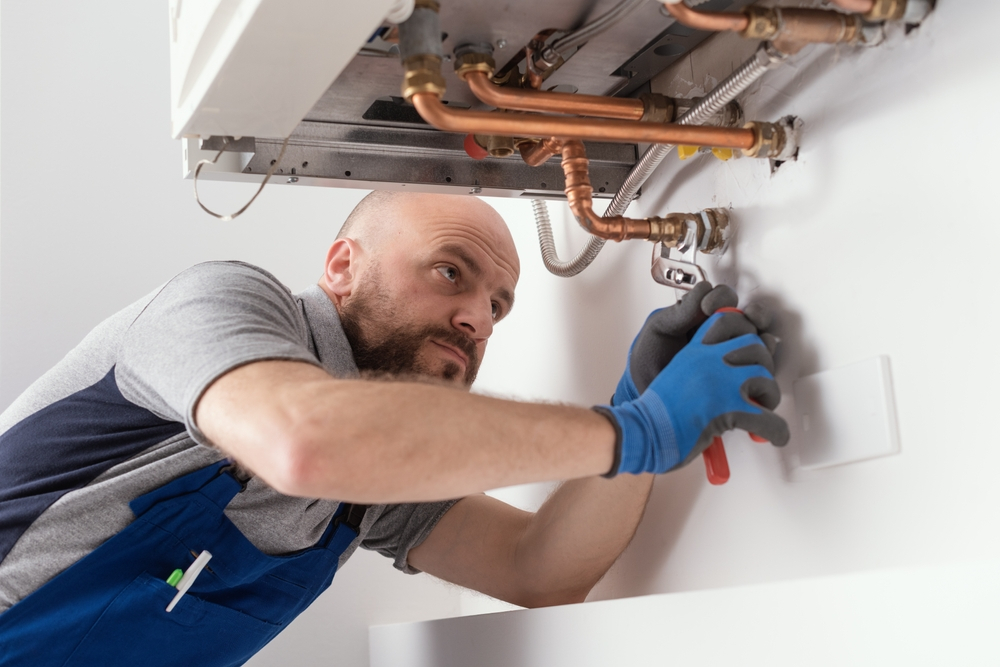
Your home or business’s natural gas supply is delivered through an underground network of pipelines. These transport over 2.2 million miles of gas daily, quietly and dependable providing energy to their surrounding communities.
However, damage to these lines can lead to leaks that pose a danger for the public. To mitigate these risks, each gas operator has an established program for minimizing damage caused by excavation activity.
They also have a program in place to guarantee excavators and other workers in the region know what to do in case of pipeline damage. In some instances, these initiatives may include providing training to local firefighters and other emergency responders on how to handle potential natural gas-related crises.
To guarantee the safety of these pipelines, they also employ Excess Flow Valves on certain service lines (those transporting natural gas between the gas meter and your home or business). These devices automatically stop the flow of gas if it exceeds a predetermined rate.
These valves prevent gas accumulation and help to reduce the risk of property damage, fire or injury. If your home or business is located in an area without an EFV installed, contact your local gas operator to arrange for its installation.
Additionally, you should conduct regular inspections of your pipework, appliances, chimneys and flues to ensure they are functioning properly and make necessary repairs.
In some instances, legal action may be necessary to compel your tenants to grant access for these checks. Your tenancy agreement should clearly state that you have a ‘duty of care’ towards them.
As a landlord, it’s your responsibility to ensure your property’s gas piping system is in working order and meets all relevant safety regulations. Otherwise, you could face legal repercussions.
That is why it’s critical to regularly inspect and record any repairs or replacements on your gas piping. Doing this will enable you to meet any future compliance obligations, keeping both your property and its occupants secure.
3. Vents and Chimneys
What Does a Gas Safety Check Involve;
What should a gas safety check of vents and chimneys look like?
At a gas safety check of your home, your engineer will inspect the chimney and flue pipe for any signs of blockages or damage. This step is essential in ensuring proper ventilation and safe operation of your gas appliances.
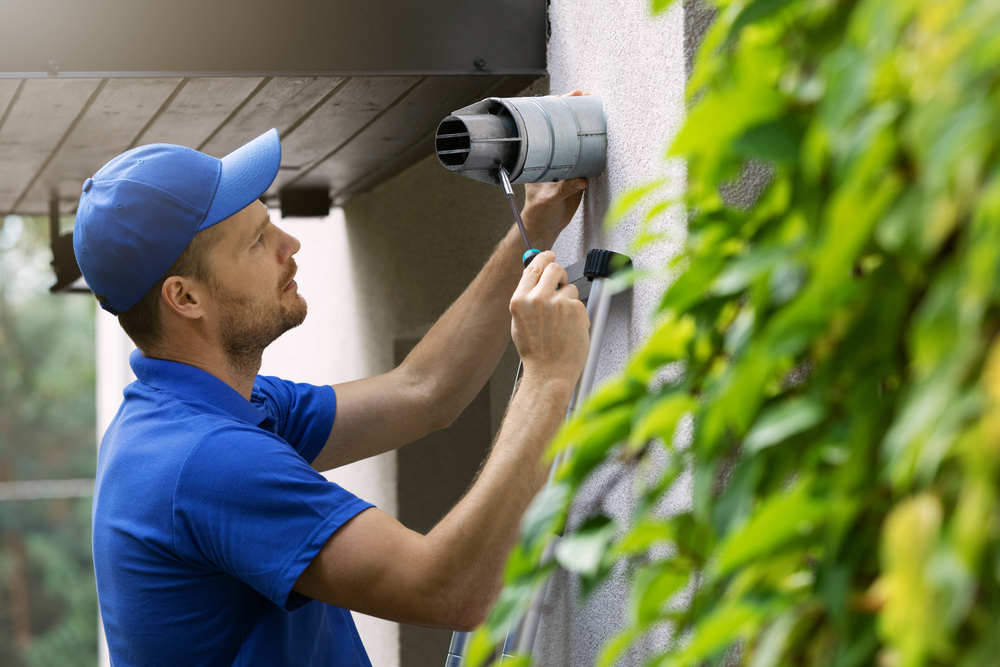
Many homeowners are unaware that their chimney and vents, which attach to gas heating appliances, can become sources of carbon monoxide poisoning if not cleaned and maintained correctly. This hazardous, colorless and odorless gas is often referred to as the “silent killer.”
If your chimney flue has become blocked by birds’ nests, leaves or debris, it could restrict the flow of carbon monoxide from your home to the outside atmosphere and expose you to potentially hazardous fumes. That is why it is always wise to have a qualified chimney professional perform an annual inspection of all vents, appliances and chimneys in your home.
Make sure the termination cap on your chimney is intact and securely fastened to the flue piping. Without a properly attached termination cap, small animals could potentially make their way inside and start a fire.
Your chimney could suffer serious damage if left unchecked, increasing the risk of fires and CO poisoning. As a precautionary measure, install smoke and carbon monoxide detectors in your home to notify you if these gases are present.
A certified chimney professional can use special microcameras to inspect the entire system for cracks or other damage, as well as missing mortar and brick. Not only does this prevent fires and CO poisoning, but annual inspections also help you save money on future repair expenses.
In order to keep your chimney and flue system operating optimally in wintertime, it is essential that it be cleared of snow and ice. This will enable proper venting and two-way air flow that will prevent equipment malfunction or carbon monoxide poisoning – which could be fatal if left unchecked.
4. Appliances
What Does a Gas Safety Check Involve;
Gas safety checks of appliances are a necessary requirement for homeowners and landlords alike. During the test, an experienced engineer will test the latest in appliance technology to see how well it performs in real world conditions. They’ll also inspect the flue and chimney system to make sure there are no leaks or blockages in the line that could cause a fire.
A thorough gas safety check is both educational and cost-effective, fulfilling a legal requirement under the Gas Safety (Installation and Use) Regulations 1998. A qualified engineer can detect any faults before they cause an explosion or fire, saving you both time and money in the long run.
Finally, a gas safety check is an integral component of any home improvement project and essential for keeping your family’s health and safety. A professional will take time to answer all questions you have and provide practical advice on how to keep your property secure for years to come.
Discover more by reaching out to us today. Our engineers are highly-trained to the highest industry standards and can provide you with all of the information that you require. Plus, they’ll even give you a complimentary quote!
Make the effort – you won’t regret it! Plus, you’ll have peace of mind knowing that you’ve done all you can to keep your home secure and comfortable for everyone in it.
Our Pricing
| Our Gas Safety Certificate Prices |
|---|
| Gas Safety Certificate 1 Appliance £40 |
| Gas Safety Certificate 1 Appliance £45 |
| Gas Safety Certificate 1 Appliance £50 |
| Gas Safety Certificate & Boiler Service £74.99 |
Check Out Our Other Services
| Domestic Gas Safety Certificate | Commercial Gas Safety Certificate | Gas Safety Certificate & Boiler Service |
|---|

